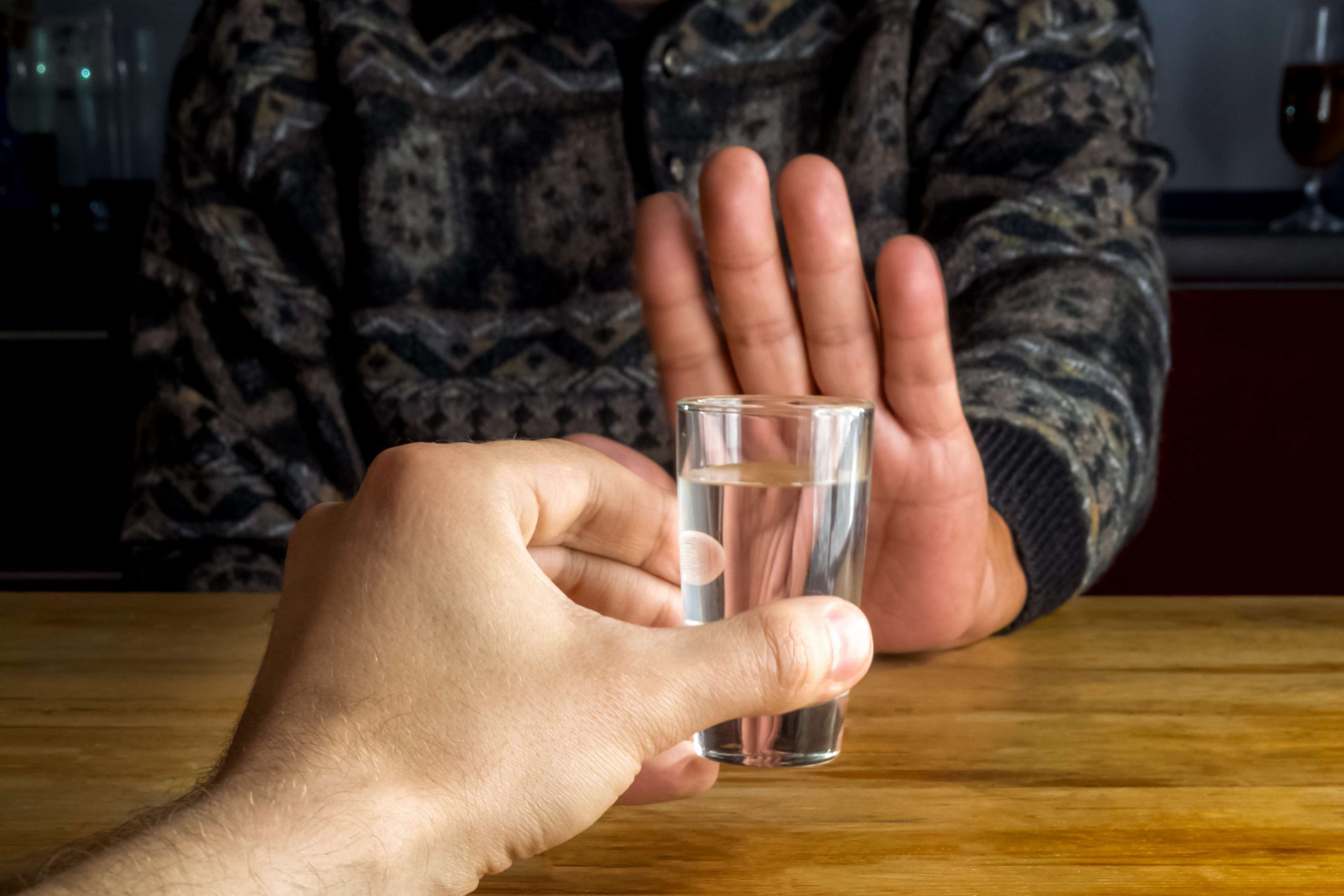Alcoholics Anonymous is spiritual rather than religious; it encourages belief in a “Higher Power,” but doesn’t define what that is. Members interpret this concept in personal, non-religious ways, and people of all faiths or none are welcome. This pamphlet answers many of the common questions people have about alcoholism and A.A.
Recognizing signs of alcohol dependence
Comparing success rates between Alcoholics Anonymous and drug rehab programs depends on how success is defined and measured. AA shows strong long-term outcomes for those who regularly participate. For example, a 16-year study by Moos & Moos found a 67% success rate among active AA members. Another study by Lee Ann Kaskutas (2009) showed that about 50% of AA participants remained sober at 1, 3, and 8 years—double the rate of formal therapy alone.
Open vs. Closed Meetings

Members also accept that finding support through fellowship with others struggling with addiction is essential for long-term recovery. AA provides a safe space for members to share their struggles, experiences, and successes with one another in order to acquire strength, understanding, and companionship. Alcoholics Anonymous promotes healthy relationships with alcohol-free activities such as socializing, volunteering, and engaging in safer activities. It also offers mentorship opportunities for recovering addicts to give back to their community by mentoring new arrivals and helping them build a positive support network. The organization also assists families affected by addiction by promoting better communication and understanding of the issue while advocating for better addiction treatment resources.

Our blog features personal stories that share our experience, strength, and hope. From hitting rock bottom to embracing a new life in recovery, these honest reflections highlight the challenges and triumphs along the way. Each story serves as a reminder that you’re not alone and that a brighter, sober future is possible. Alcoholics Anonymous offers support in a variety of ways.

Current Membership
- The focus on confidentiality in the fellowship also works to keep gossip at bay.
- With its origins dating back to 1935, AA has established itself as a leader in the field of Recovery.
- Meetings are opened by the chair, with some meetings then calling for recitation of the Serenity Prayer or a moment of silence.
- For those struggling with alcohol use disorder, AA is often touted as the go-to option for support.
These programs have had much success, and you’ll read about the factors that contribute to the organization’s achievements. The challenges of Alcoholics Anonymous are important to consider, as the program does not suit everyone’s needs or beliefs. Has helped many, some individuals find aspects of the approach limiting or difficult to engage with. Understanding these challenges helps individuals make informed decisions about their recovery path. Our public relations policy is based on attraction rather than promotion; we need always maintain personal anonymity at the level of press, radio, and films.
This page, which includes the Twelve Steps, is often read at the start of meetings. John C. Umhau, MD, MPH, CPE is board-certified in addiction medicine and preventative medicine. He is the medical director at Alcohol Recovery Medicine. For over 20 years Dr. Umhau was a senior clinical investigator at the National Institute on Alcohol Abuse and Alcoholism of the National Institutes of Health (NIH). AA is organized and financed through a decentralized structure with local AA groups and a general service office. Donations may be collected to cover room rent, coffee and literature expenses.
Tradition Five: Each group has but one primary purpose—to carry its message to the alcoholic who still suffers.
Some people attend meetings regularly for years and become sponsors and serving the group. Others taper off once their recovery is stabilized. During open AA meetings, visitors should remain on the topic of recovery from alcoholism. Newcomers at closed meetings aren’t required to speak but are welcome to, if they wish. Alcoholics Anonymous is free to attend; there are no dues or fees for membership. It is self-supporting through voluntary contributions from members.
The role of Drug rehabilitation a sponsor is crucial in the AA framework, as they mentor and assist sponsees in understanding and working through the 12 Steps of the AA program. We in AA know what it is like to struggle with alcohol and to be unable to keep promises made to others and ourselves that we will stop drinking. Our only qualification for helping others to recover from alcoholism is that we have stopped drinking ourselves. We have the ability to help problem drinkers because we are living proof that recovery is possible – we’ve done it. Overcoming problem drinking isn’t a solo journey.
What is AA & How it Works
AA is not allied with any sect, denomination, politics, organisation or institution; does not wish to engage in any controversy; neither endorses nor opposes any causes. Since its inception, AA has become a worldwide phenomenon, with millions of members participating in meetings across more than 180 countries. Its global impact is evident not only in the number of individuals it has helped to achieve sobriety but also in its influence on the approach to alcohol addiction recovery. Studies and testimonies attest to the effectiveness of AA in supporting long-term recovery, making it a vital resource in the fight against alcohol addiction. The backbone of Alcoholics Anonymous is its community support, a critical element that has contributed to its success worldwide.
Sobriety in AA: Since getting sober, I have hope
- This innovative tool allows members to track the length of their sobriety, providing a tangible measure of their progress.
- In it, the book explains both the 12 steps and 12 traditions of AA.
- Some of us had even been hospitalized or jailed.
- The members of each meeting decide when, where, and how often they will meet.
- A few of us had become indigent before turning to A.A.
Members share their experiences, listen what is aa to others, and build accountability within a confidential and supportive environment. AA assists individuals struggling with alcoholism through mutual support, regular meetings, and adherence to the 12-step program. This program emphasizes acknowledging alcoholism, making amends, and aiding others in their recovery journey. Alcoholics Anonymous is a fellowship dedicated to helping people recover from alcoholism. Our primary purpose is to stay sober and support others in achieving sobriety.


Leave a Reply
You must be logged in to post a comment.